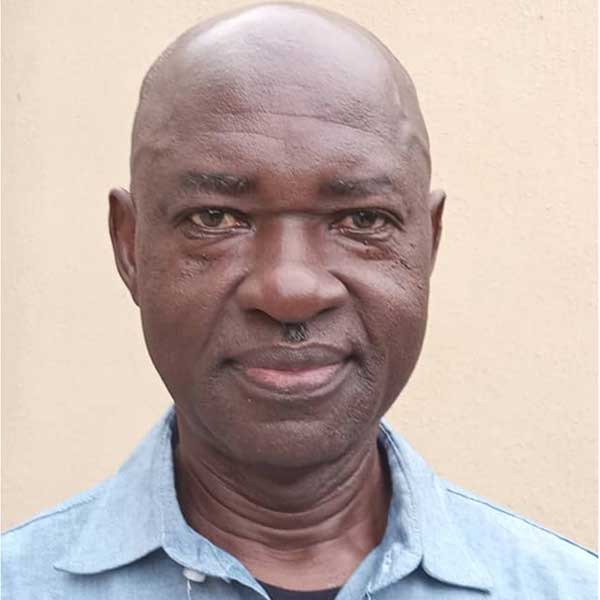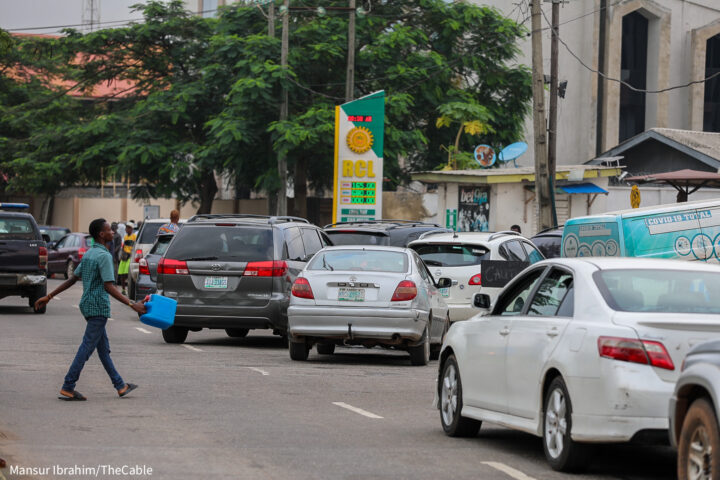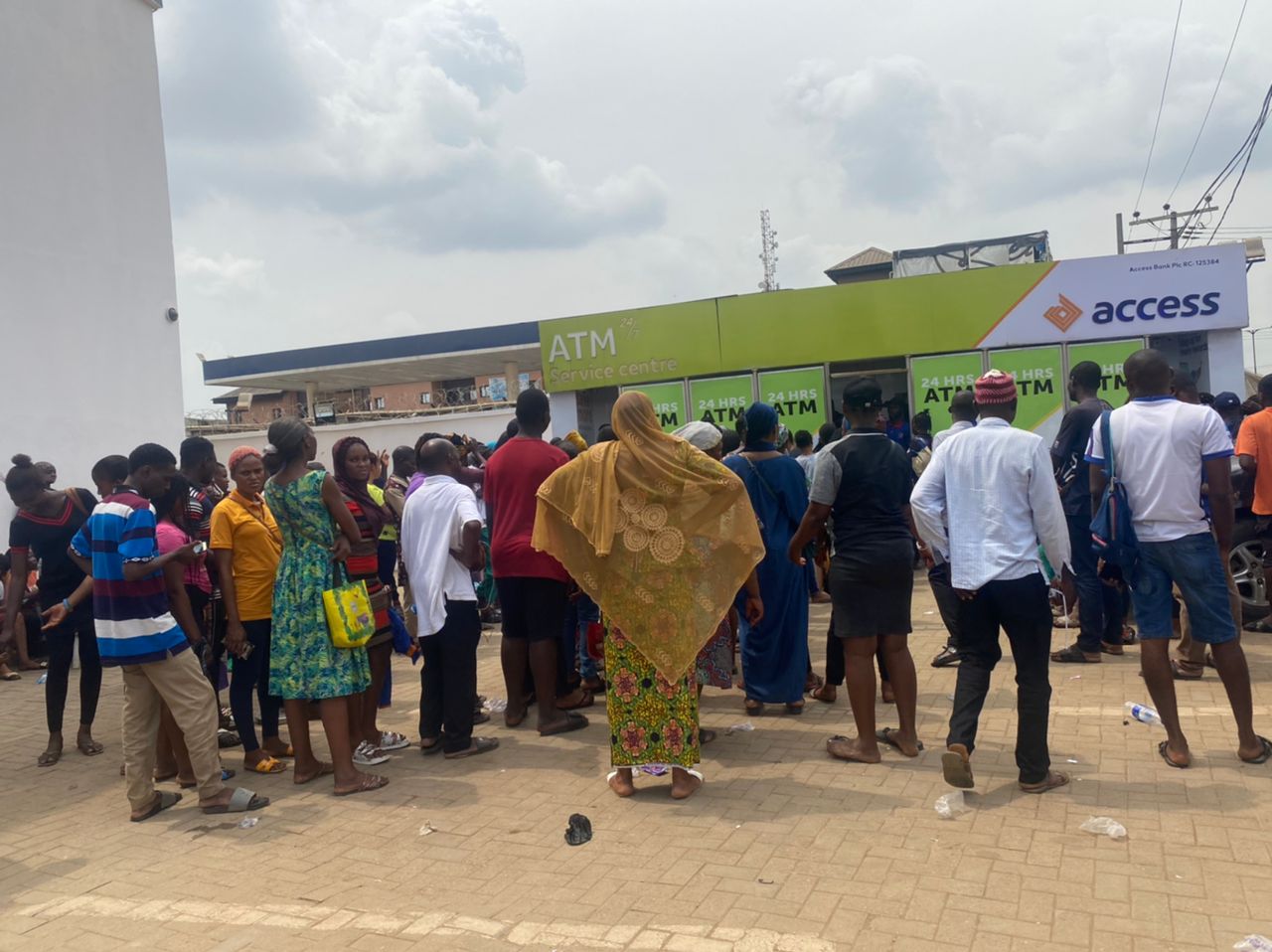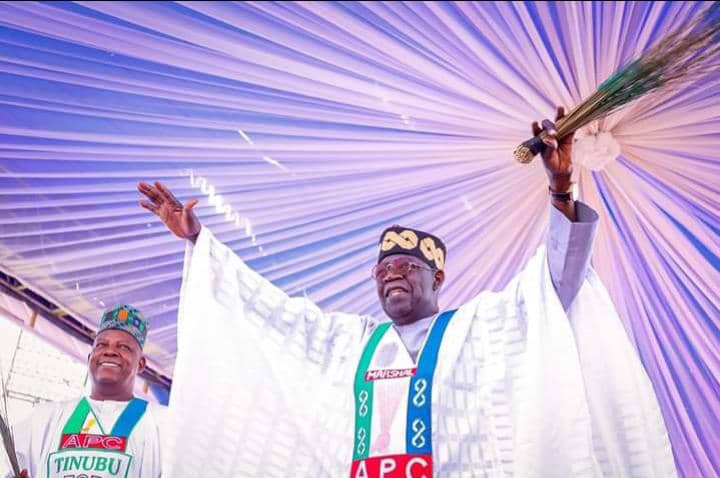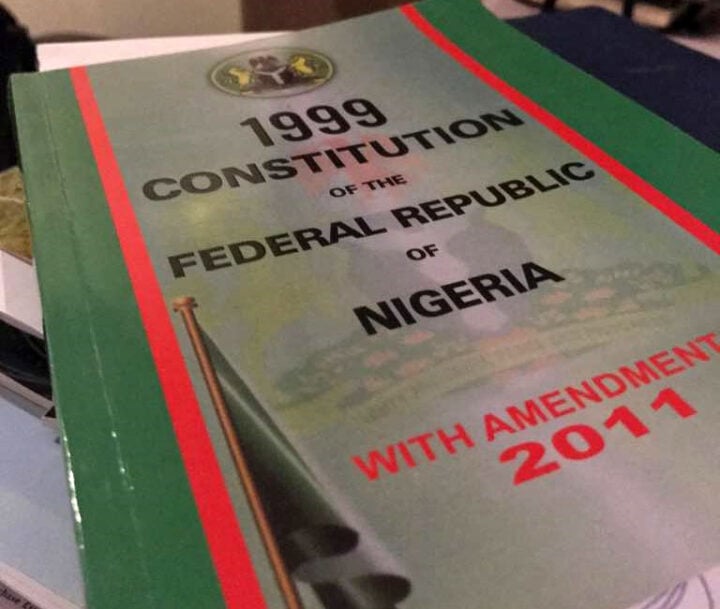There are fewer times in the history of Nigeria when a number of key social, economic and political variables team up almost spontaneously to pull virtually everyone into the ring to fight for survival and contend with the surges of anger, frustration and mounting helplessness. They must be very rare indeed. No matter their engagements, vocations, professions and locations, Nigerian citizens and residents are now compelled to engage in activities that should ordinarily not consume too much of their time and attention. How did petroleum products, naira notes with dwindling values and fortunes, and Permanent Voter’s Card (PVC) dramatically take the centerstage to forcefully make their way into the psyche of Nigerians? As if those in positions of responsibility in these critical areas have come under an overwhelming spell or have simply lost their way.
In so doing, they have separately or collectively disrupted the schedules and lives of majority of the people and, in the process, pushed them into deeper worries. A country that has been at the mercy of vicious retrogressive forces is now waging psychological wars against the capacity of the average citizen to access even the minimum requirements for existence and moderate living. Ours is now a country in the grip of anxiety, tension and bottled-up anger and appears to wait for a trigger to descend into full-blown combustion.
I sought some views from the American Psychological Association (APA) which describes our troubling environment thus: “Anxiety is an emotion characterized by feelings of tension, worried thoughts, and physical changes like increased blood pressure. People with anxiety disorders usually have recurring intrusive thoughts or concerns. They may avoid certain situations out of worry. They may also have physical symptoms such as sweating, trembling, dizziness, or a rapid heartbeat. Anxiety is not the same as fear, but they are often used interchangeably. Anxiety is considered a future-oriented, long-acting response broadly focused on a diffuse threat, whereas fear is an appropriate, present-oriented, and short-lived response to a clearly identifiable and specific threat.”
Without doubt, the psychoanalysis of an average person residing in the country would corroborate this description. In many parts of the federation, people keep vigil at petrol stations in search of fuel that may not be available or is cornered by racketeers who cash in on the desperation of prospective buyers to become overnight millionaires. That way, the health of many people has been compromised. Industry regulatory and monitoring agencies have taken their turn to promise fuel consumers, threaten breakers of regulations and enablers of human suffering, and announce supplies, both genuine and phony. At the end, relief is still epileptic, and product availability has largely remained a mirage.
Advertisement
A litre of Premium Motor Spirit, otherwise known as petrol, is now sold at between 194 to 500 naira, depending on the marketers and location, figures unthinkable just few years ago. The unprecedented stress that goes with its quest and the unexpected holes it digs into people’s pockets have already produced the kinds of symptoms presented by APA. Livelihoods are being negatively and brutally impacted by this erratic energy sector. Like conquered and subdued people, some citizens are beginning to ask what the federal government is waiting for to officially remove the fuel subsidy. How much worse can the problem get? It’s now a case of double jeopardy since subsidy is said to be paid in the name of alleviating the burdens of the populace, a claim that has no practical or real truth. At the same time, the people are under the yoke of unscrupulous major marketers, middlemen and hawkers.
The bedlam that has so far followed the currency change policy of the Central Bank of Nigeria (CBN) is like nothing ever witnessed during similar exercises in the past. Take the one that took place in the early 1980s when President Muhammadu Buhari was the military head of state. His government instituted what it tagged War Against Indiscipline (WAI) which had queuing as a cardinal practice, something that soon became a national culture. The sort of savagery that goes into the struggle to obtain new naira notes today wasn’t recorded then. There was, in fact, no cause for any turmoil as the system quickly absorbed the pressures that came with the scheme. Even with the extension of the validity date of the old notes announced the other day by the CBN Governor, Mr. Godwin Emefiele, there are no reasons to expect order and adequate distribution of the new notes soon. Banks still pay the old ones whose exchange value will expire in a little over one week. Many of the ATM machines saddled with the task of disbursing the in-coming 200, 500 and1000naira notes are either not sufficiently loaded or out of service.
So much for currency swap efforts! So much, too, for an aspiring cashless society! The length and attendant chaos of the queues at these withdrawal points are better imagined. And if the urban residents go through so much difficulty in accessing their own funds, what’s the fate of rural dwellers whose banking choices are very limited? Stories of sharp practices among bankers, touts and money traders, as bank transactions have become unduly volatile, can’t be dismissed. The consequences of this clear maladministration and sabotage, especially in terms of aggravating existing angst and anguish, are not debatable. Bottomline: with the other worrying monetary policies and profiles, the stage is now set for a more disturbing social and economic climate. To compound this fouled atmosphere, the drama surrounding the collection of PVCs, to licence citizens to vote in the coming elections, has equally drained their patience, time, energy and, in some cases, love for country.
Advertisement
What exactly have Nigerians done to deserve this ungodly package? Fela’s legendary song that warns of “suffering and smiling” has never ceased to amaze me. In other climes, these strenuous experiences can become rallying points for collective action against oppression, ineptitude and gross miscarriage of official duties. Can that happen in Nigeria? Anxiety, a strong human instinct, we are told, can produce unexpected outcomes. Again, Medical News Today, an online medical publication, proffers a fitting explanation in an article titled, “What to Know about Anxiety.” It states in part: “Since the earliest days of humanity, the approach of predators and incoming danger sets off alarms in the body and allows evasive action. These alarms become noticeable in the form of a raised heartbeat, sweating, and increased sensitivity to surroundings. The danger causes a rush of adrenalin, a hormone and chemical messenger in the brain, which in turn triggers these anxious reactions in a process called the “fight-or-flight’ response. This prepares humans to physically confront or flee any potential threats to safety.
“For many people, running from larger animals and imminent danger is a less pressing concern than it would have been for early humans. Anxieties now revolve around work, money, family life, health, and other crucial issues that demand a person’s attention without necessarily requiring the ‘fight-or-flight’ reaction. The nervous feeling before an important life event or during a difficult situation is a natural echo of the original ‘fight-or-flight’ reaction. It can still be essential to survival.”
At this point, Nigeria is not only in dire need of staying afloat, it desperately requires a repositioning to enable it to properly live up to its superabundant potentials. But can these present tribulations rally the needed power to liberate it from the hindering forces it has battled for too long? Will this period give birth to a truly new Nigeria? For a pregnant woman, contraction and delivery pangs indicate the imminence of a baby’s arrival. Perhaps, our troubles signify hope as we approach the polls.
Ekpe, PhD, is a member of THISDAY Editorial Board.
Advertisement
Views expressed by contributors are strictly personal and not of TheCable.
Add a comment
